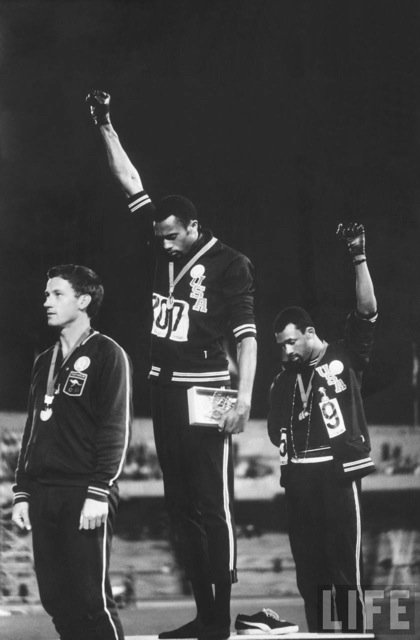- Home
- News & Blogs
- About Us
- What We Do
- Our Communities
- Info Centre
- Press
- Contact
- Archive 2019
- 2015 Elections: 11 new BME MP’s make history
- 70th Anniversary of the Partition of India
- Black Church Manifesto Questionnaire
- Brett Bailey: Exhibit B
- Briefing Paper: Ethnic Minorities in Politics and Public Life
- Civil Rights Leader Ratna Lachman dies
- ELLE Magazine: Young, Gifted, and Black
- External Jobs
- FeaturedVideo
- FeaturedVideo
- FeaturedVideo
- Gary Younge Book Sale
- George Osborne's budget increases racial disadvantage
- Goldsmiths Students' Union External Trustee
- International Commissioners condemn the appalling murder of Tyre Nichols
- Iqbal Wahhab OBE empowers Togo prisoners
- Job Vacancy: Head of Campaigns and Communications
- Media and Public Relations Officer for Jean Lambert MEP (full-time)
- Number 10 statement - race disparity unit
- Pathway to Success 2022
- Please donate £10 or more
- Rashan Charles had no Illegal Drugs
- Serena Williams: Black women should demand equal pay
- Thank you for your donation
- The Colour of Power 2021
- The Power of Poetry
- The UK election voter registration countdown begins now
- Volunteering roles at Community Alliance Lewisham (CAL)
Black Power
A new book and website ‘Black for a Cause...’, telling the story about Black Power activity in Britain during the 1970s was launched last week.
‘Black for a Cause...’ aims ‘to promote the ‘tremendous contribution to the economic, social and cultural life of modern British society’ and disseminate images of the period’.
Book author, Winston Trew, was a member of the Fasimba (the 'Young Lions') - one of a number of ‘radical’ Black organisations operating in south-east London during the 1970s, along with the Black Unity and Freedom Party (BUFP), the Black Panther Movement (BPM) and the Black Liberation Front (BLF).
 The autobiographical book relays Trew’s experiences as a young member of a political group seeking to represent Black people who were 'fitted up' by the police.
The autobiographical book relays Trew’s experiences as a young member of a political group seeking to represent Black people who were 'fitted up' by the police.
Relating to parts of the book Trew states: ‘The book details the events of 16th March, 1972, when four members of the Fasimba were confronted late at night at the Oval underground by a group of white men claiming to be policemen and accused them of "nicking handbags;" An argument broke into pushing and shoving, and then escalated into a fight.
'When police arrived it turned out that the men they were fighting were themselves undercover policemen, members of the notorious 'anti-mugging' squad. The night they spent being 'interrogated' in the police station is described as a "night of dread".'
After a 5-week trial at the Old Bailey the 'Oval 4' were found guilty of attempting to steal, theft, and assault on police. All were jailed for 2 years in November 1972. In July 1973 they were released from prison after an appeal.
The books tells how 'in 1980, Det. Sgt. Ridgewell, former Rhodesian policeman and officer in charge that night was himself arrested and jailed for 7 years for 'conspiracy to steal' after he and other undercover policemen were caught stealing goods from the railway they were sent to protect. To the black community the policeman's jailing was further evidence of his corruption and deceit, something the 'Oval 4' have always maintained’.
‘The phrase ‘Black for a Cause...’ originated with the Fasimba in 1971 and was derived from the title of an album track, "Just Because," by the 'original rap’ group the ‘Last Poets’ in 1970’.
The story is told in seven chapters using a back-drop of references to music played in the early 1970 that anchors the story in ‘lived and remembered history’.
